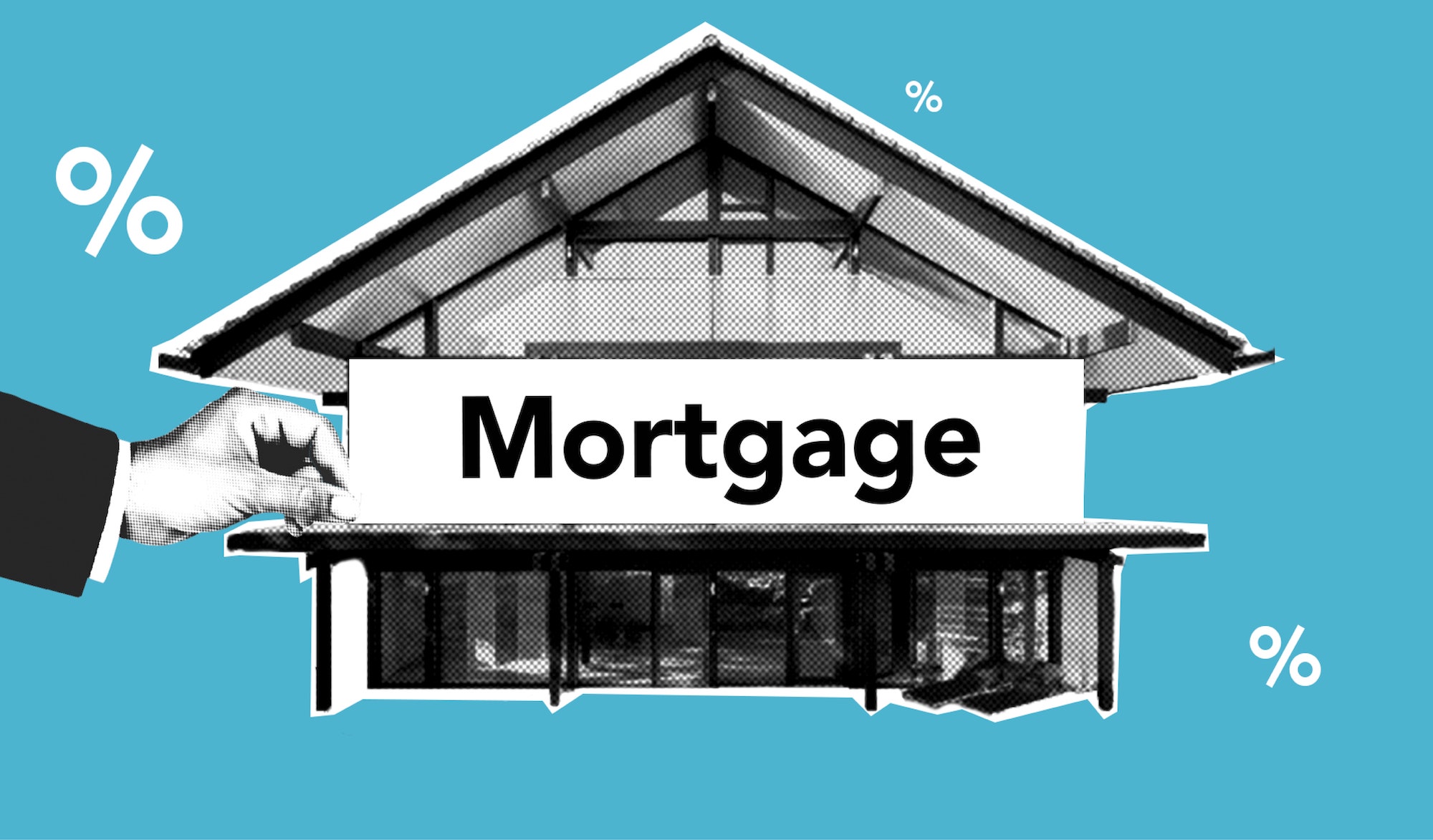One in seven (14%) retirees have returned to work, as their pension pot is not sufficient enough to fund retirement, Standard Life has found.
In the firm’s retirement voice report, it was revealed that a further 4% of retirees are considering returning to work in order to increase funds in their pension fund, with living costs also adding to the list of reasons to continue working.
Men are more likely to have unretired, with 16% saying they have done this, while 5% are also considering it, compared to 12% of women who have gone back to work again and 4% of whom this is a consideration.
Almost two thirds (64%) of over 55s who have unretired said that income issues have been the driving force behind this.
A third (32%) have found their living costs have increased more than they’d expected, meaning they’ve needed to return to work, and a quarter (24%) have realised their pension is not providing enough income to live on.
Meanwhile, three in 10 (31%) want to earn more money so they can treat themselves more in retirement.
The analysis comes as the Pensions and Lifetime Savings Association (PLSA) increased the amount the income they expect to provide a single person with a ‘moderate’ standard of living in retirement from £23,300 in 2022/23 to £31,300 this year, an increase of 34%.
Other retirees have returned to work or are considering doing as a result of feeling bored (39%), lonely (19%) or unhappy (15%).
Furthermore, more than one in 10 (12%) over 55s are now delaying their plans to retire, while 3% are taking on an additional job to boost their income.
Managing director for workplace at Standard Life, Gail Izat, said: "People’s finances have been under huge pressure over the past few years, and almost everyone’s been impacted to some extent. Many have had to rethink major life decisions, including those around retirement – some have delayed their planned retirement dates, or have returned to work after having previously retired.
"Most forecasters predict inflation will continue to fall, which will help to ease some of the strain. However, the cost of retirement is set to remain high, with updated PLSA figures highting the impact of retirees helping younger family members who have been struggling to pay their bills due to the rising cost of living. It’s clear that a ‘moderate’ lifestyle is likely to be out of reach for many based on their current level of savings.
"Providers and employers have a big role to play in helping people to engage with their pension and build up a strong pension pot from as early an age as possible, giving them the best chance of securing the lifestyle they hope for in retirement. Ensuring communications are clear, targeted and relevant is a great first step. Focusing on financial education and showing how long-term saving fits into a wider financial as well as signposting people to guidance and advice can also make all the difference."
Latest News
-
Average UK house price surpasses £300k – Halifax
-
Bank of England holds base rate at 3.75%
-
Mortgage Advice Bureau acquires Dashly
-
Bridging loans fall to lowest average completion time in eight years
-
Regulators announce first six firms to join ‘Scale-Up Unit’
-
House prices recover month-on-month in January – Nationwide
Perenna and the long-term fixed mortgage market

Content editor, Dan McGrath, spoke to head of product, proposition and distribution at Perenna, John Davison, to explore the long-term fixed mortgage market, the role that Perenna plays in this sector and the impact of the recent Autumn Budget
The role of the bridging market and technology usage in the industry
Content editor, Dan McGrath, sat down with chief operating officer at Black & White Bridging, Damien Druce, and head of development finance at Empire Global Finance, Pete Williams, to explore the role of the bridging sector, the role of AI across the industry and how the property market has fared in the Labour Government’s first year in office.
NEW BUILD IN FOCUS - NEW EPISODE OF THE MORTGAGE INSIDER PODCAST, OUT NOW

Figures from the National House-Building Council saw Q1 2025 register a 36% increase in new homes built across the UK compared with the same period last year, representing a striking development for the first-time buyer market. But with the higher cost of building, ongoing planning challenges and new and changing regulations, how sustainable is this growth? And what does it mean for brokers?
Does the North-South divide still exist in the UK housing market?

What do the most expensive parts of the country reveal about shifting demand? And why is the Manchester housing market now outperforming many southern counterparts?
In this episode of the Barclays Mortgage Insider Podcast, host Phil Spencer is joined by Lucian Cook, Head of Research at Savills, and Ross Jones, founder of Home Financial and Evolve Commercial Finance, to explore how regional trends are redefining the UK housing, mortgage and buy-to-let markets.
In this episode of the Barclays Mortgage Insider Podcast, host Phil Spencer is joined by Lucian Cook, Head of Research at Savills, and Ross Jones, founder of Home Financial and Evolve Commercial Finance, to explore how regional trends are redefining the UK housing, mortgage and buy-to-let markets.
© 2019 Perspective Publishing Privacy & Cookies










Recent Stories